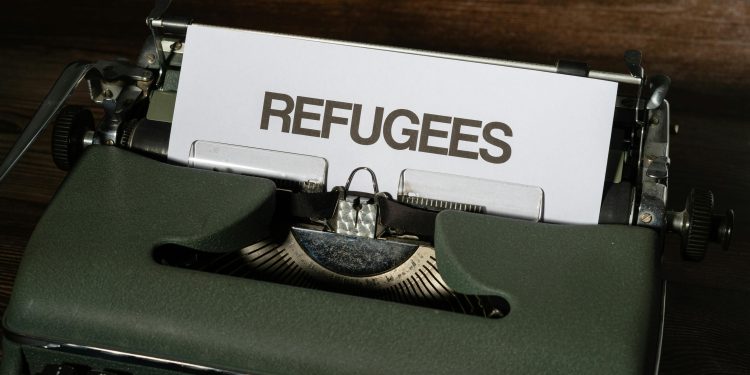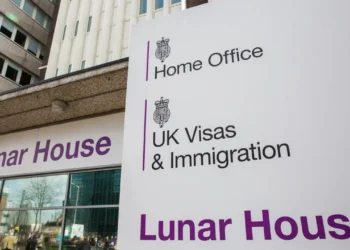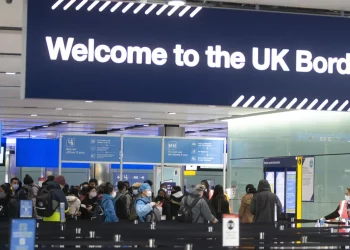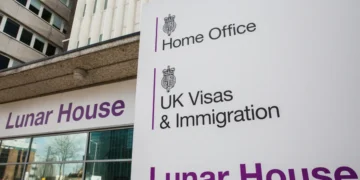In recent years, the United Kingdom’s asylum policies have undergone significant transformations, especially with the transition from the Conservative to the Labour government. These changes have introduced new procedures and regulations that prospective asylum seekers must understand to navigate the system effectively.
This article breaks down the latest asylum rules, key procedures, and support available for those seeking refuge in the UK. It also chronicles the legal frame work the UK government has adopted to continue to make seeking asylum in the UK a lot more difficult.
The Nationality and Borders Act 2022
Enacted under the Conservative government, the Nationality and Borders Act 2022 aimed to overhaul the UK’s approach to immigration and asylum. Key provisions included:
- Offshore Asylum Processing: The Act proposed establishing “designated places” or offshore hubs for processing asylum claims, potentially in other countries.
- Modern Slavery Provisions: It granted authorities new powers to assess claims of modern slavery, including evaluating the criminal history of claimants before offering support.
- Electronic Travel Authorization (ETA): A system requiring non-UK or Irish citizens to pre-register before entering the UK, including across the Northern Ireland land border. This scheme began in late 2023 and was set to be fully operational by the end of 2024.
The Illegal Migration Act 2023
In response to increasing unauthorized Channel crossings, the Conservative government introduced the Illegal Migration Act 2023. This legislation focused on deterring illegal entries by:
- Detention and Removal: Mandating the detention and swift removal of individuals arriving illegally, with restrictions on their return. citeturn0search37
- Asylum Claim Restrictions: Blocking asylum claims from those entering via unauthorized routes, aiming to discourage dangerous crossings.
The Safety of Rwanda (Asylum and Immigration) Act 2024
Continuing efforts to deter illegal migration, the Conservative government enacted the Safety of Rwanda (Asylum and Immigration) Act 2024. This Act allowed for the relocation of certain asylum seekers to Rwanda for processing and resettlement. The policy faced legal challenges and debates regarding its ethical and legal implications. citeturn0search38
Transition to Labour Government and Policy Revisions
With the Labour Party’s victory in the 2024 general election, significant shifts in asylum policies ensued:
- Repeal of the Rwanda Act: Home Secretary Yvette Cooper announced plans to repeal the Safety of Rwanda (Asylum and Immigration) Act 2024, signaling a move away from offshore processing.
- Establishment of the Border Security Command (BSC): Launched in July 2024, the BSC coordinates efforts among agencies like Immigration Enforcement, MI5, Border Force, and the National Crime Agency. Its primary goal is to combat smuggling gangs facilitating illegal Channel crossings.
Current Asylum Application Process
As of 2025, individuals seeking asylum in the UK should be aware of the following:
- Legal Entry: Entering the UK through authorized channels is crucial. Unauthorized entry can lead to detention and removal under existing laws.
- Application Submission: Asylum claims should be made promptly upon arrival. Delays can adversely affect the outcome.
- Screening Interview: Applicants undergo an initial interview to record personal details and reasons for seeking asylum.
- Asylum Interview: A detailed interview where applicants provide evidence supporting their claim. Legal representation is advisable during this stage.
- Decision: The Home Office evaluates the claim and issues a decision. If refused, applicants have the right to appeal.
Support and Accommodation
While awaiting a decision, asylum seekers may receive:
- Housing: Provided accommodation, often shared, with location determined by the Home Office.
- Financial Support: A weekly allowance for essentials.
- Healthcare: Access to NHS services.
Challenges and Considerations
Despite policy changes, asylum seekers face challenges:
- Processing Delays: Backlogs can lead to extended waiting periods.
- Legal Aid Access: Securing legal representation can be difficult due to demand and funding constraints.
- Integration: Navigating cultural and systemic differences requires support from community organizations.
Conclusion
Navigating the UK’s asylum system in 2025 requires a thorough understanding of current policies and procedures. Staying informed and seeking appropriate legal guidance are essential steps for those seeking refuge in the UK.












